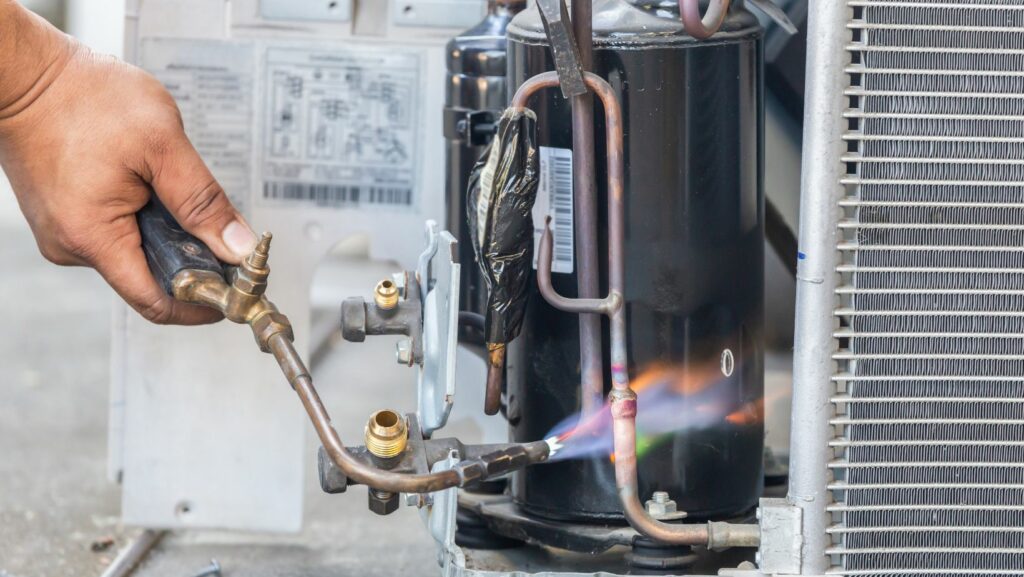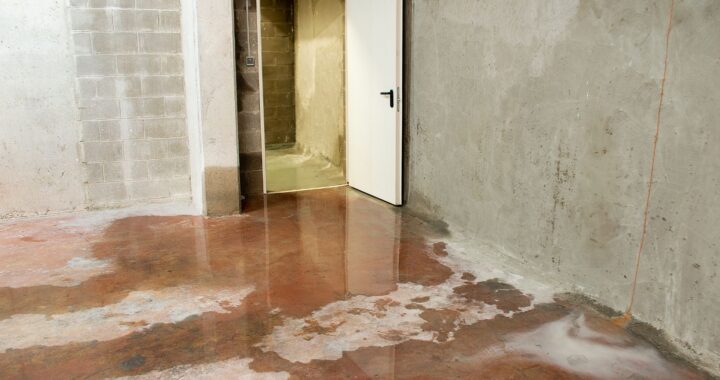Understanding the Basics of Air Conditioning Maintenance

Appreciating the workings of air conditioning systems is integral to creating a pleasant internal environment within homes and business facilities. The core functionality lies in its ability to moderate temperatures during varying weather conditions, ensuring optimal air quality regardless of the season. Consequently, inevitably, the thought arises about the health and performance of these systems.
This comprehensive guide dives deep into the essential guide to AC systems, specifically focusing on maintenance practices to ensure optimal performance and longevity.
What is Air Conditioning Maintenance?
Air conditioning maintenance can be broadly classified as a proactive method aiming to maximize the longevity and effectiveness of air conditioning systems. It encapsulates routine checks, cleaning routines, and replacing defective components, efficiently preventing any unforeseen breakdowns. The benefits extend beyond simply being a preventative measure; routine maintenance leads to optimal efficiency, saving money on electricity, extending the unit’s lifespan, mitigating the chances of more significant issues cropping up, and significantly reducing one’s carbon footprint.
Air conditioners consist of components such as the condenser, evaporator, expansion valve, compressor, filtering systems, and even more. Each part serves a unique function, working in congruence, leading to the cooling efficiency of the system. When disregarded, it could create a domino effect, culminating in common complications, which include inefficient cooling or the entire system breaking down.
Fundamentals of a Regular AC Maintenance Routine
Routine maintenance usually involves part replacements, system-wide cleaning, and a comprehensive system health check. These routines are recommended to be carried out once or twice yearly but could vary depending on the age, usage, and system condition. Although professional services offer a comprehensive solution, homeowners could also incorporate regular tasks, including filter replacements, cleaning condenser coils, removing debris, and checking coolant levels.
Identifying Common Air Conditioning Issues
Understanding the early signs of a malfunctioning or underperforming air conditioning unit could save homeowners from larger, costlier issues. Some early signs include reduced cooling efficiency, unusual sounds, or a sudden increase in electricity consumption. Prolonged use and consistent neglect could lead to air leakage, blockages or electricalcomplications.
While seemingly small at first, these problems could snowball, bringing about expensive repairs, poor system running efficiency, increased energy consumption, and, in the worst-case scenario, premature obsolescence. Therefore, having a keen eye to identify complications when they arise and knowing when a professional needs to step in is a valuable skill set to possess.
Professional Service Vs. DIY: What the Standard Approach Is
Selecting between DIY and professional service could be a choice paralysis. DIY methods are cost-effective but could be a steep learning curve for many, and if poorly executed, may lead to more harm than good. The risks include potential damage to the system, reduced cooling efficiency, or even voiding the warranty. Conversely, professional servicing assures that the system is in experienced hands, swiftly identifying common oversight areas.
However, this decision is deeply personal and changes based on individual familiarity with the system, confidence in handling maintenance tasks, and financial considerations.
Tips for Prolonging Your Air Conditioning System’s Lifespan
Maintenance is not just remedial; it is also preventative. Simple tasks such as quick repairs, routine cleaning, and observing system behavior could be the difference between a product with a high longevity and one with constant issues.
Commercially, a well-maintained AC system yields consistent cooling and heating efficiency, lowers energy bills, reduces the chances of an unexpected breakdown, and increases a system’s lifespan. A minor investment in preventative maintenance could provide a much higher return in the future by averting costly repairs or avoiding the need for a complete system overhaul.
Conclusion
Comprehending air conditioning maintenance and putting it into practice is undoubtedly a worthy factor. It strikes a balance between extending the lifespan of your AC with consistent, comfortable indoor conditions. It is the confluence of saving costs and guaranteeing comfort. Whether you take the professional route or plunge into DIY, safety should be synonymous with efficiency.
This essential guide to AC Systems equips homeowners with crucial information necessary to maintain their AC Systems effectively, leading towards a rewarding experience both in terms of their comfort and the longevity of their system. The quality of life and the lifespan of your air conditioning unit are in your hands, so why not start taking care of it today? Your future self will thank you!



 What Every Cleaning Company Should Know About Slip and Fall Liability
What Every Cleaning Company Should Know About Slip and Fall Liability  Mobile Apps vs Browser Gaming: What’s Better
Mobile Apps vs Browser Gaming: What’s Better  The Link Between Water Damage and Mold Growth
The Link Between Water Damage and Mold Growth